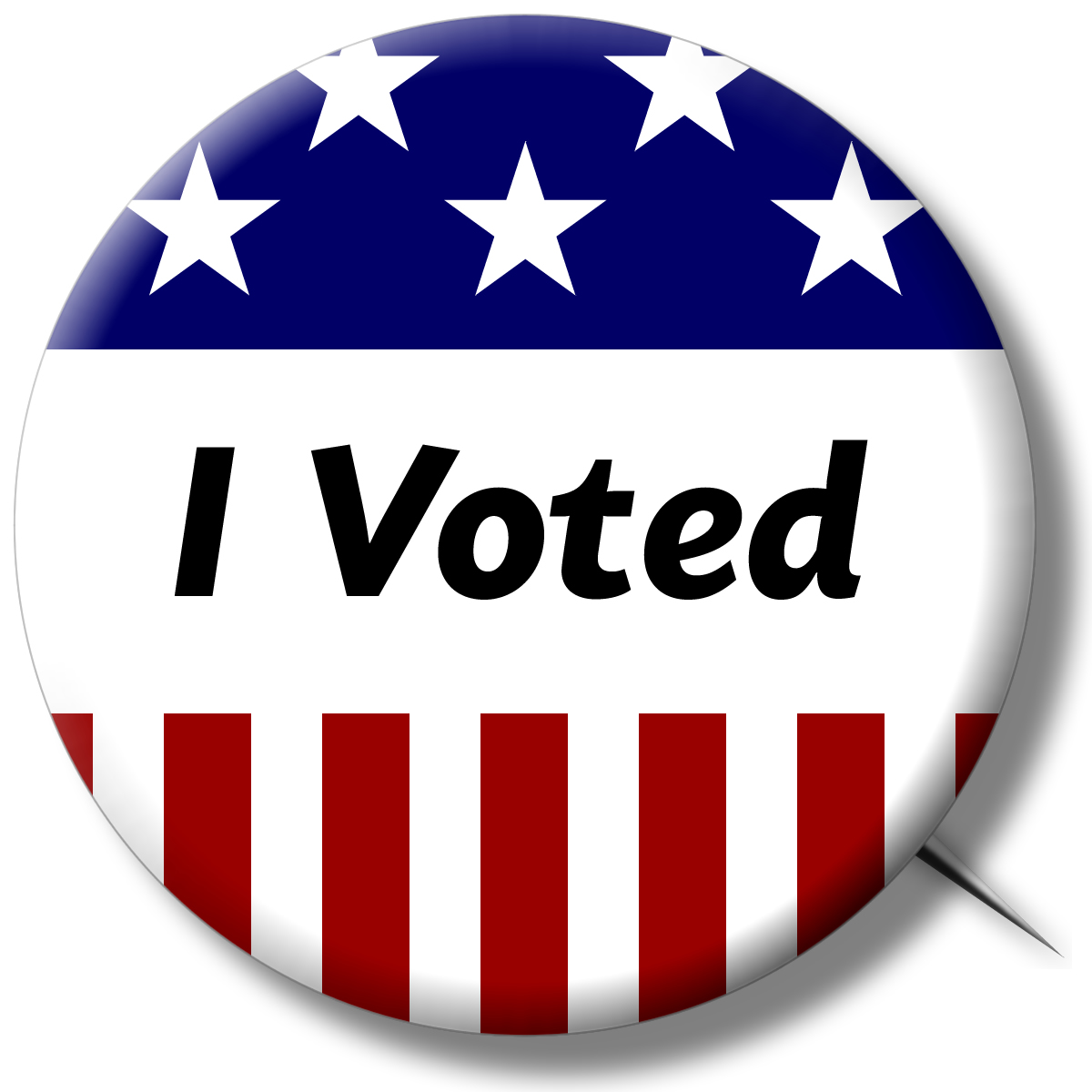So America’s 2020 Election Day is
behind us… at least the voting part. Ballots are still being counted and we may
not have all of the results for a few days. So we wait, not necessarily patiently.
No matter which presidential
candidate you voted for, one of the two major candidates or a third party,
electing our next American president is an important event. And there were many
other races as well for state and federal positions, local mayors and governors
and don’t forget a few referendums in some locations. Every person who cast a ballot was part of a
very important process of our democracy. It’s really a very heavy
responsibility.
This year’s election was
complicated because of the COVID-19 pandemic, most states made voting by mail
an easy option. There was also “Early Voting” to try to keep down the election
day lines, but there were long lines in almost every case both for the early
voting and on the actual day of voting. Mail-in ballots also gave their share
of consternation with delays, stories of lost mail and concern about alleged
voter fraud. No wonder so many would-be voters have been complaining of tension
headaches for the past week or so.
According to the United States Constitution,
voting is a right and a privilege. Many constitutional amendments have been
ratified since the first election. Surprisingly voting was never made mandatory
for U.S. citizens. And also surprisingly, there is NO statement in the U.S. Constitution
that does state, inexplicably, that our citizens have the RIGHT to vote. But
there are inherent rights granted to our people and individual states included
the right to vote. The original folks who could make decision regarding our
leadership were landowners, and then MEN, and later specified that all men were
allowed to vote no matter was their race was. Finally somewhere around 1919
women were finally allowed to make their preferences known and vote as well. It’s
been a long road and many people fought for the right to vote.
And yet even in the year 2020,
some people don’t bother to vote. Why not? There are a few who can’t vote
because of religion. Then there are some who simply are not interested in the
candidates or races. The most common reason given for not voting is “What
difference does my one vote make?” Since states are permitted, within reason,
to decide their own voting rules and regulations, some people don’t meet the
requirements easily — someone may have missed the registration deadline, or
they don’t have the necessary documents (including residence) to prove their
identity and/or eligibility. Unfortunately, there are some (relatively few)
cases that seem to be voter suppression such as not making polling centers
convenient to certain populations. People may become disenfranchised when the
person they want to win loses. There are even some who simply are not
interested in casting their votes because they don’t like the candidates running
or they don’t know enough about a referendum.
I like knowing that I have had a
say in the government where I live, even if it is just one tiny vote, even if
the candidate(s) I voted for didn’t win, and even if it means getting up early
to stand on a line to cast my vote. Next year, or even for the next primary,
think about voting. It may not be in the Constitution, but it is a privilege.






1 comment:
I voted for MrT.
Why? He's against
abortion/homoism -
both of which can
getchu kicked-outta
Seventh-Heaven...
GBY
Post a Comment